| Structure | Name/CAS No. | Articles |
|---|---|---|
 |
Methanol
CAS:67-56-1 |
|
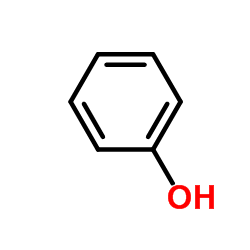 |
Phenol
CAS:108-95-2 |
|
 |
p-Cresol
CAS:106-44-5 |
|
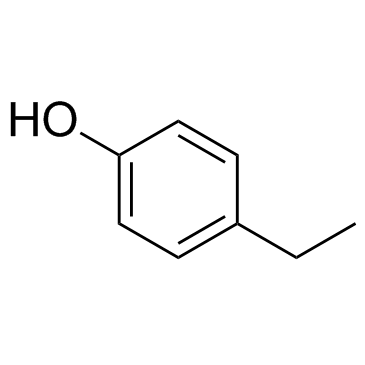 |
4-Ethylphenol
CAS:123-07-9 |
|
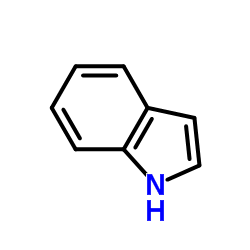 |
Indole
CAS:120-72-9 |
|
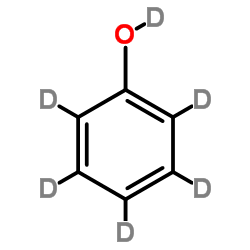 |
Phenol D6
CAS:13127-88-3 |
|
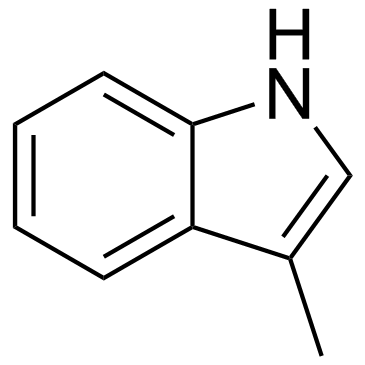 |
3-Methylindole
CAS:83-34-1 |